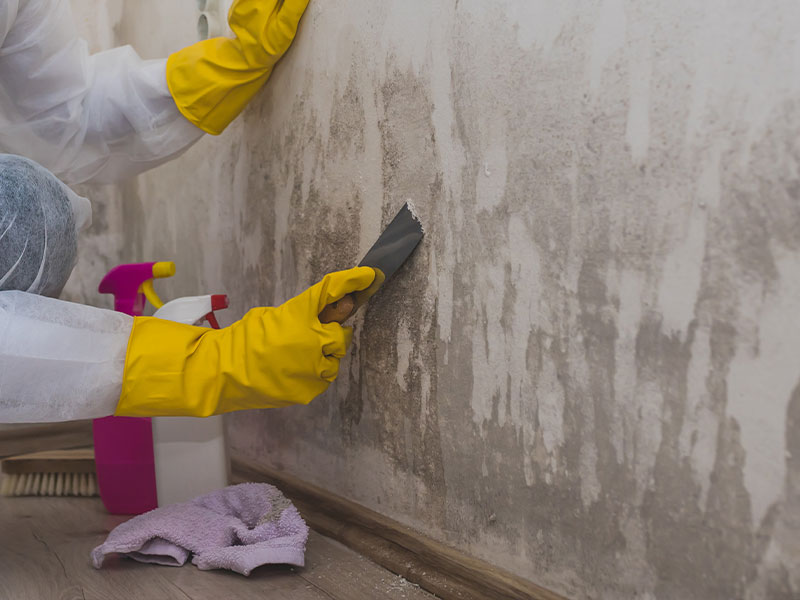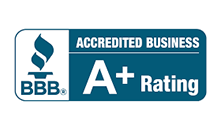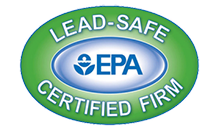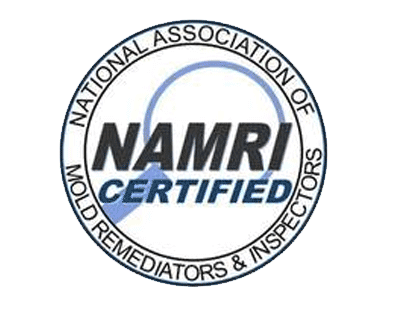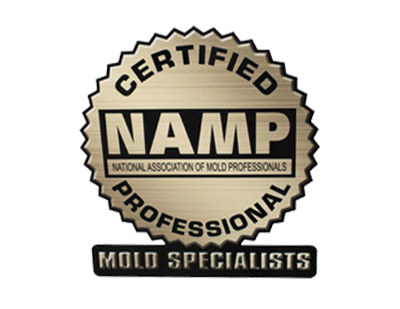No matter what climate you live in or what time of year it is, storms are inevitable. And, the unfortunate fact is, where there are storms, there is storm damage. Storms can cause a huge variety of damage to a property, both exteriorly and interiorly.
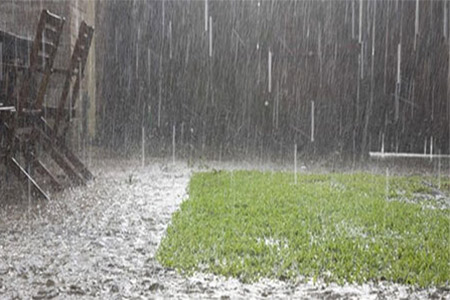
Exterior Storm Damage – What to Look For Roof Storm Damage
- Wind Damage: Wind damage typically happens when wind speeds reach 45mph or higher. Sure signs of wind damage are missing and damaged shingles as well as granules that are worn in a narrow, straight line.
- Hail Damage: Hail is a solid form of precipitation that forms inside of thunderstorm updrafts. Indicators of hail damage are divots at the edge of shingles, missing granules, visible indentation in shingles, and large accumulation of granules at the end of the downspout.
- Falling Debris: One of the most obvious causes and signs of storm damage is falling debris. Fallen limbs, uprooted trees, and downed powerlines are all casualties of storms and can take the roof out with them.
Exterior Damage
The roof isn’t the only part of the house exterior that might experience storm damage. Anything that can damage a roof can also cause damage to siding, gutters, windows, and more. Common signs of exterior damage to the home are dings and dents in the siding, chipping and discoloration of paint, and dented or falling gutters. More obvious and more devastating window damage can range from broken panes and damaged frames, to cracks, to completely shattered windows when damaged in a storm.
Interior Water Damage After A Storm
One thing that roof and other exterior storm damages have in common is that if they aren’t taken care of appropriately, they’ll inevitably cause interior damage. Immediate signs of interior damage are usually fairly obvious. Things to look for include water staining on walls and floors, wet insulation, water seepage in the attic or crawlspace, and cracked skylights. If you find water damage inside of your home following a storm, you’ll want to speak to your insurance company straight away to set up professional water damage restoration. Even a small amount of water left to sit after a storm can cause huge problems in a household, including the risk of mold growth. Restoration professionals, when called in early enough, can help prevent even more costly cleanup and repair costs down the road.
When a big storm comes through, property damage is almost inevitable. Any time you experience a storm it’s a good idea thoroughly look over both the interior and exterior of your home. If you suspect damage of any kind, call your insurance and a professional mitigation team straight away to have the damage professionally assessed and taken care of.


